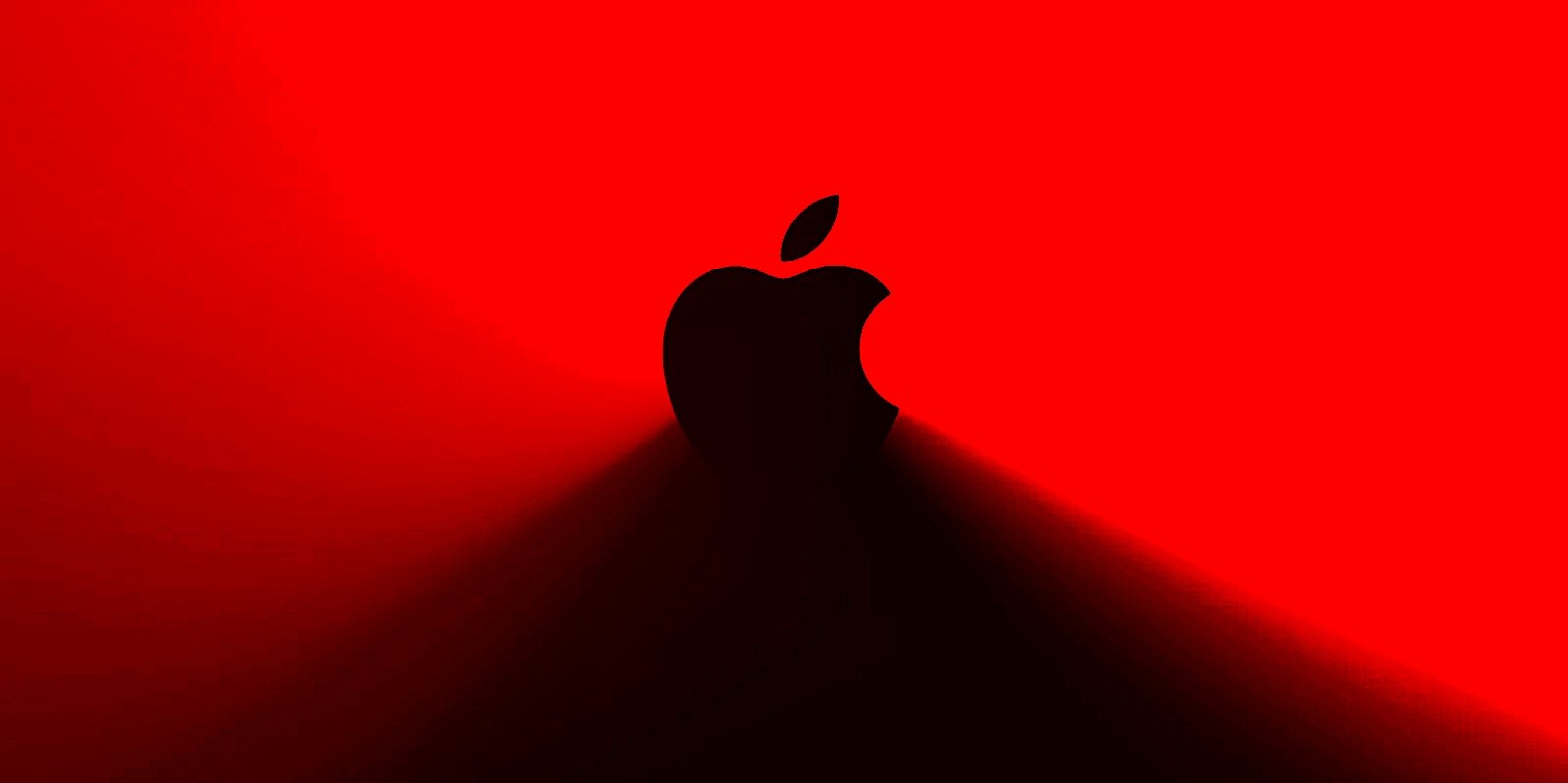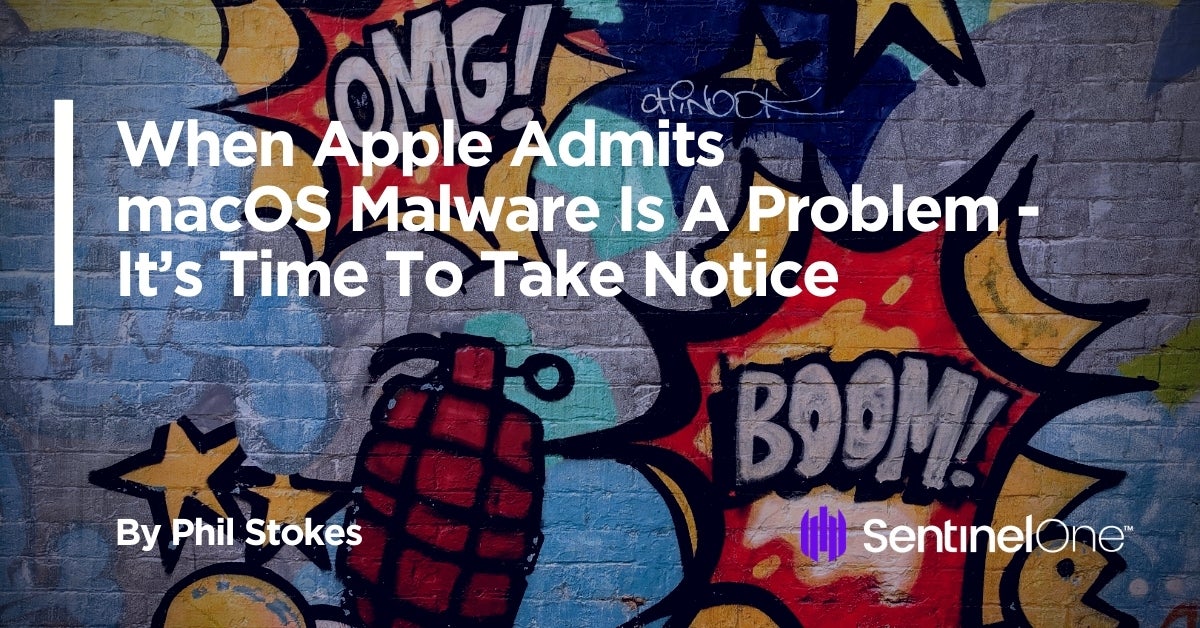If so, which suite is better and lighter?
Intel architecture yet.
Intel architecture yet.
I would wager a guess that if you try to copy a bunch of files, you’ll notice a significant amount of extra CPU usage and a slowdown. It’s kind of like BitDefender’s conserve memory mode… a lot of these realtime engines on the Mac simply aren’t optimized for performance. It’s good that it’s not a memory hog though at least!Just being basic curious, I installed F-Secure on a real old MacBook Air 2012, with Catalina OS. RAM usage: 9,6MB
The built in firewall on the Mac is kind of similar to the Windows Firewall — it’s pretty effective but basically inbound-only and doesn’t control outbound traffic. By default, properly signed apps can open ports without warning you, but that’s a setting you can change in macOS.@MacDefender , how well would you say it's firewall is? I haven't done any testing so I don't know.
Do you know if iCloud has some ransomware rolled back protection as OneDrive? Saving different versions of files.I would wager a guess that if you try to copy a bunch of files, you’ll notice a significant amount of extra CPU usage and a slowdown. It’s kind of like BitDefender’s conserve memory mode… a lot of these realtime engines on the Mac simply aren’t optimized for performance. It’s good that it’s not a memory hog though at least!
The built in firewall on the Mac is kind of similar to the Windows Firewall — it’s pretty effective but basically inbound-only and doesn’t control outbound traffic. By default, properly signed apps can open ports without warning you, but that’s a setting you can change in macOS.
I do think there can be value in adding an outbound control firewall just like on Windows. Little Snitch I think is the best written outbound firewall, but it’s expensive, and quite honestly I think for 99% of people, it will just be a lot of nags/hassle without much benefit unless you are really trying to run somewhat untrusted software and worried about it phoning home. But on the other hand, Macs strongly use process isolation so the alerts can be really fatiguing. For example, even a simple app like Weather might use 3 different processes to fetch different kinds of data.
Like one thing nice about macOS Catalina and above’s built in ransomware protection is that if an app tries to look at your photos or documents, that triggers a permissions dialog. It’s like a better / interactive form of Controlled Folder Access. A rogue app can’t steal/upload files from you if it can’t access them in the first place.
I don't believe it's as good as OneDrive though I haven't really tried it. OneDrive does a great job with versioning and restoring files, and even giving you prompts for when it thinks you got ransomed.Do you know if iCloud has some ransomware rolled back protection as OneDrive? Saving different versions of files.

What should we conclude from this? As stated at the outset, we’re not Apple-bashing here: XProtect does do a decent job of blocking the macOS malware that it knows about, particularly since recent versions of the OS ensure files are scanned by XProtect even if they are missing the com.apple.quarantine extended attribute.
The problem is there’s just a lot more malware out there than XProtect knows about. Yes, Apple has another tool, the MRT.app, that can remediate some known malware infections, again if it knows about them, but there are other problems with MRT.app, chief among them the frequency with which it runs (or doesn’t run). We’ve written about MRT.app before at length here and here.

Thanks @upnorthPretty interesting report on the topic.
When Apple Admits macOS Malware Is A Problem - It’s Time To Take Notice
Apple now say their layers of security have not prevented malware from becoming a problem on the platform. What does this mean and how can you address it?www.sentinelone.com
Partially can agree with that, as we normally also see the exact same with almost all company/vendor created reports and articles as those are also used 24/7 with sites like Bleeping, but it's in this case way too small marketing if you compare the whole report. The marketing parts is for companies. It's also no surprise because these genuine security companies have very skilled and professional researchers. SentinalOne is thankfully at least not a complete unknown source.Thanks @upnorth
However I'm wondering if in the end the purpose of this very interesting article is not the self-promotion of SentinelOne ?
Seems like it to me as well, every major player offers Mac protectionThanks @upnorth
However I'm wondering if in the end the purpose of this very interesting article is not the self-promotion of SentinelOne ?

Yeah I don’t think it’s bashing Apple, but the subtext is important. Apple executives are basically saying this to argue that it is impossible to solve the malware problem without an iOS style walled garden where the OS does not allow installing things that aren’t signed and approved by Apple.The main message is much more about what actually Apple themselves admits ( Craig Federighi, Apple’s Senior VP of Software Engineering ) and even officially states, but just as mentioned more then once by Phil Stokes the author of the report, this ain't about bashing Apple.
The approach is correct, I add that Adguard and LittleSnitch are not over the top.I personally wouldn't use any additional real-time protection besides what's built-in. Adhering to safe browsing habits and best security practices should keep you covered.
one of the best explanations of why you actually shouldn't install security software on a mac. a simple habit of installing known apps and visiting safe websites makes you near 99 precent safe with a mac and even windows. i have an m1 air which is my primary laptop and i take it as my primary device anyday compared to our windows laptops and desktops. you don't have to tinker with a mac or ios system. you use them. big sur was one of the most significant security upgrades to mac which for normal users was not advertised by apple. you hear news about a new malware for mac and think that they are unsafe but the impact they have and how many people get infected is actually really low and most who got infected used cracked software or had careless behavior. as someone who used macs as primary for about 7 years i never got a malware or bad app and my friends too didn't had any problem.I personally don't think you do. macOS's built in protections have gotten pretty good over the years. If you have a recent macOS like Big Sur, there's built in things like:
- Every software you download gets checked against a live internet database of notarized apps (apps that Apple has a copy of and has determined isn't harmful), and those can be live-revoked should they be deemed malicious
- "behavior blocking" style behavior is built in to the OS. Accessing sensitive folders like your documents, downloads, photo library, etc all trigger permission prompts from the OS by default
- macOS has a modest built in antivirus...